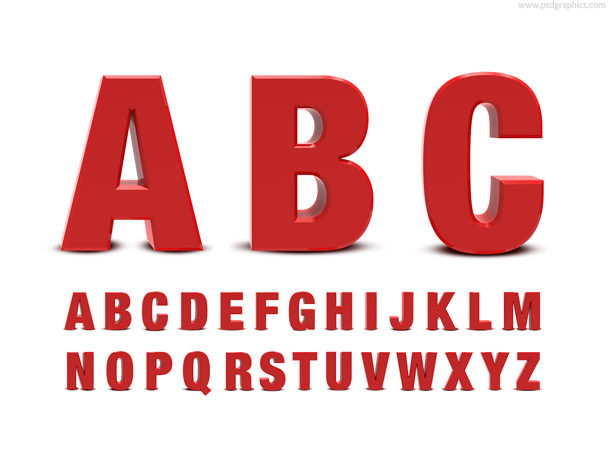This is another time for me to keep my promise. As I told you in one of my previous posts, Indonesian Alphabet, the consonant 'k' is not always pronounced the same way.
The consonant 'k' when put as the first letter of a word is always read just like 'k' in king, kayak, kind, etc. When put at the end of a syllable, there are two ways to pronounce it.
2 ways to pronounce 'k' at the end of a syllable:
I don't know how to determine which 'k' is pronounced the first way or the second way. I just memorized them. Since there are only a few words that are pronounced the second way, you wouldn't have a hard time to do it.
The consonant 'k' when put as the first letter of a word is always read just like 'k' in king, kayak, kind, etc. When put at the end of a syllable, there are two ways to pronounce it.
2 ways to pronounce 'k' at the end of a syllable:
- Clear 'k' sound almost like kayak or block but without trailing 'h' sound like how most English speakers pronounce them. Some of Indonesian words that use this pronunciation are: kotak (box), masak (cook or ripe), kelak (later), kerak (crust), ketiak (armpit), botak (bald), cetak (print), dongkrak (jack (tool)), enak (tasty, delicious, nice, good), gerak (movement, move), taktik (tactics), taksi (taxi), paksa (force (not physics term)), etc. Most 'k' at the end of a syllable are pronounced this way.
- 'k' pronounced as glottal stop. Example of this are: bakso (meatball), kakak (older brother/sister), kakek (grandfather), bapak (father), tokek (gecko), nenek (grandmother), etc. Most words using the second 'k' pronunciation come from local languages (minangese, javanese, etc.)
I don't know how to determine which 'k' is pronounced the first way or the second way. I just memorized them. Since there are only a few words that are pronounced the second way, you wouldn't have a hard time to do it.

